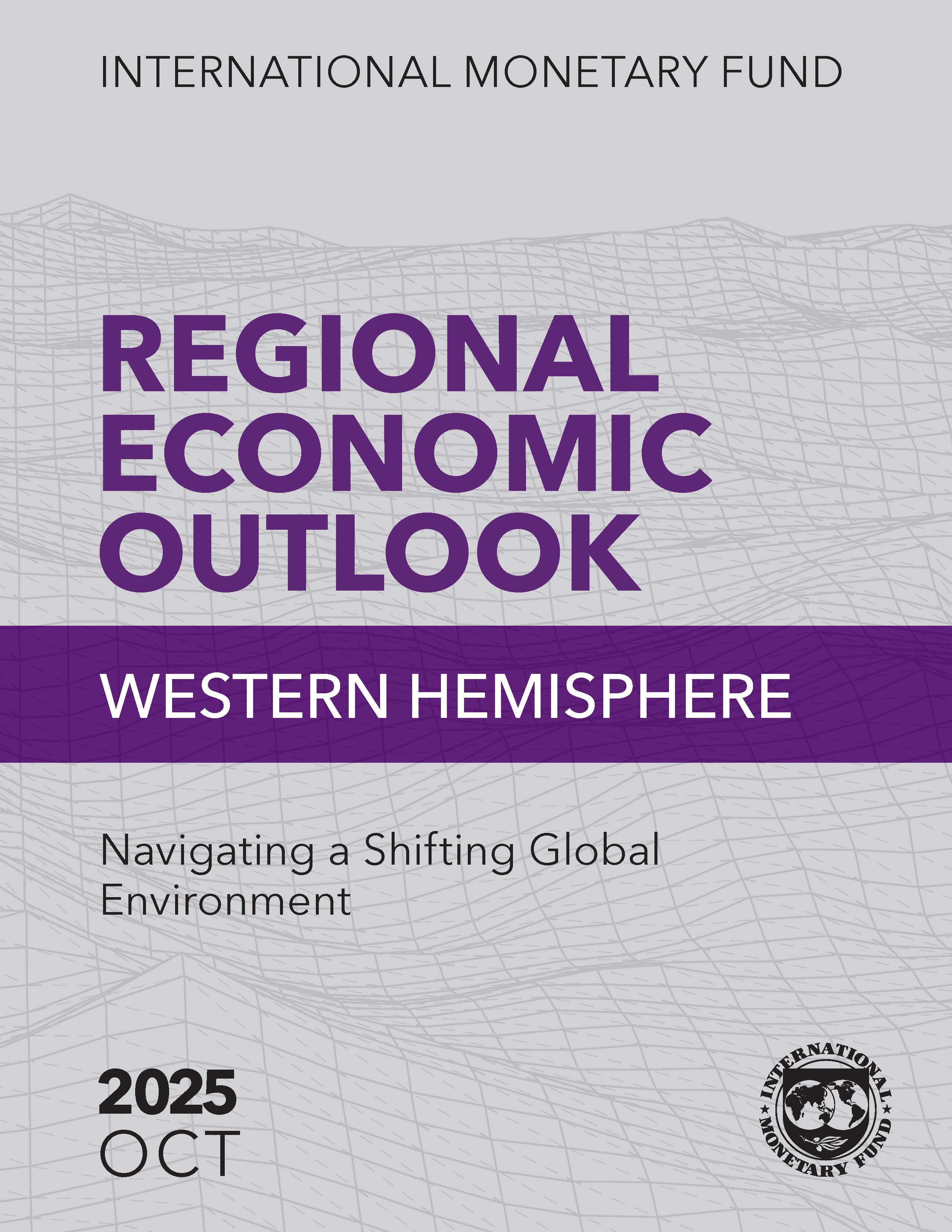This web page provides information on the activities of the IMF's office in Suriname, views of IMF staff, and relations between Suriname and the IMF. Additional information can be found on the Suriname and IMF country page, including official IMF reports and Executive Board documents in English that deal with Suriname.
At a Glance
- Current IMF membership: 191 countries
- Suriname joined the Fund in April 27, 1978; Article VIII
- Total Quotas: SDR 128.90 Million
- Loans outstanding: Stand-by Arrangements SDR 58.00 Million
- On December 19, 2016the IMF Executive Board concluded the 2015 Article IV consultation with Suriname ( Press Release 17/14, January 24, 2017)
IMF's Work on Suriname
No results found. Either there was an error with the web service or there is no data returned by the web service.
October 17, 2025

Navigating a Shifting Global Environment
Growth in the region was steady and disinflation slow, but rising public debt and weak medium-term growth pose challenges. Fiscal effort, strong monetary policy frameworks, and productivity reforms remain key to bolstering resilience and growth.
Read the Report



